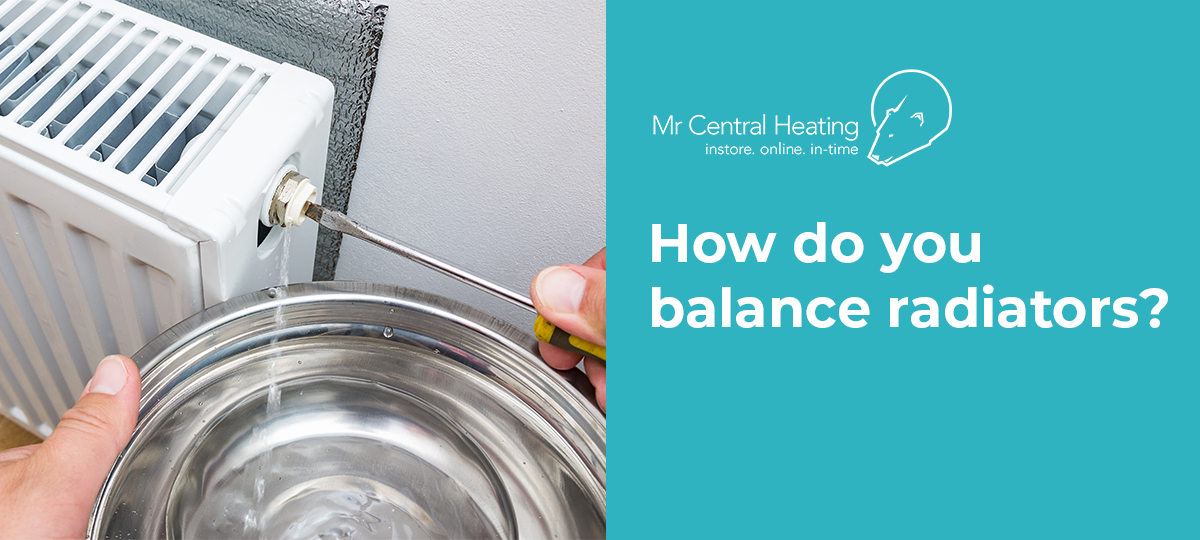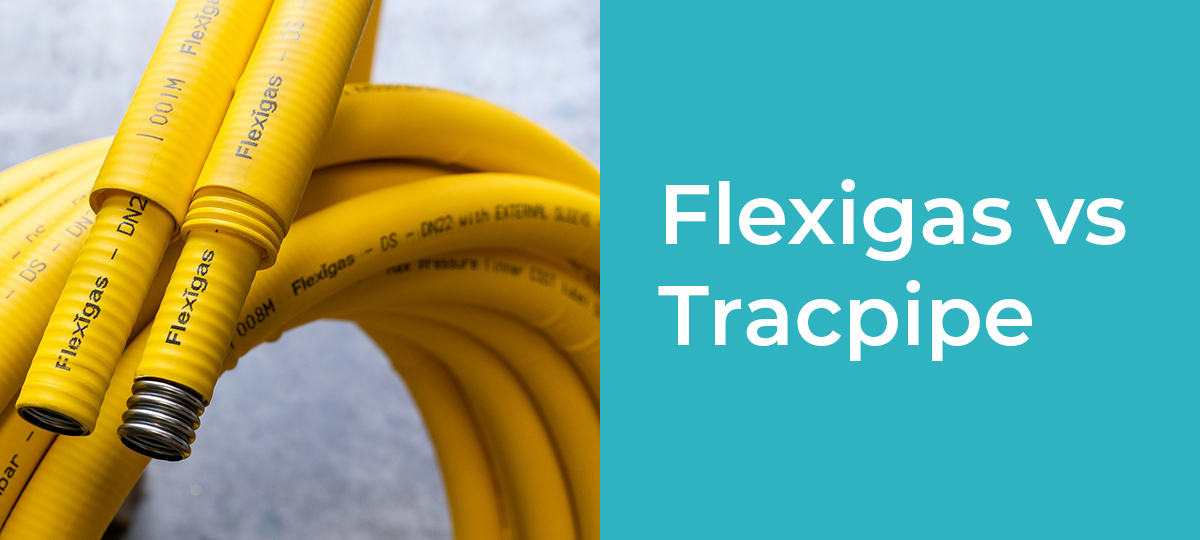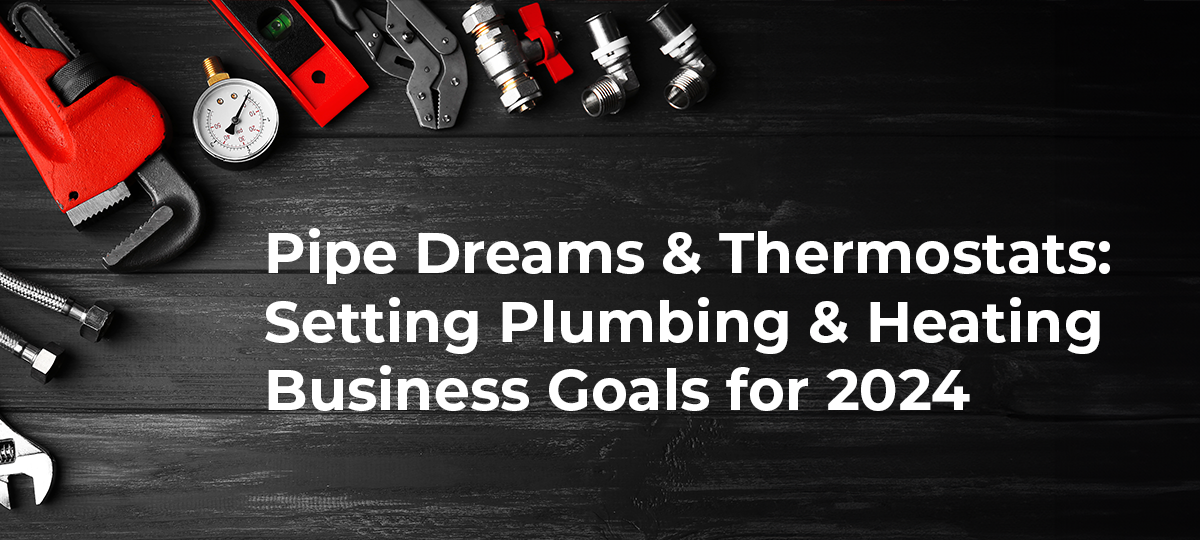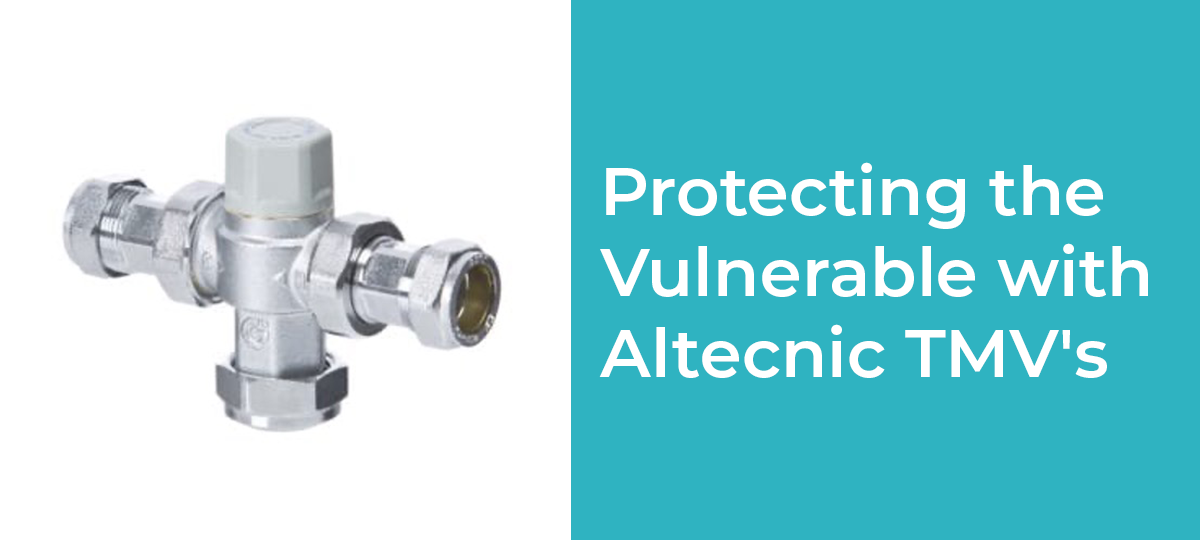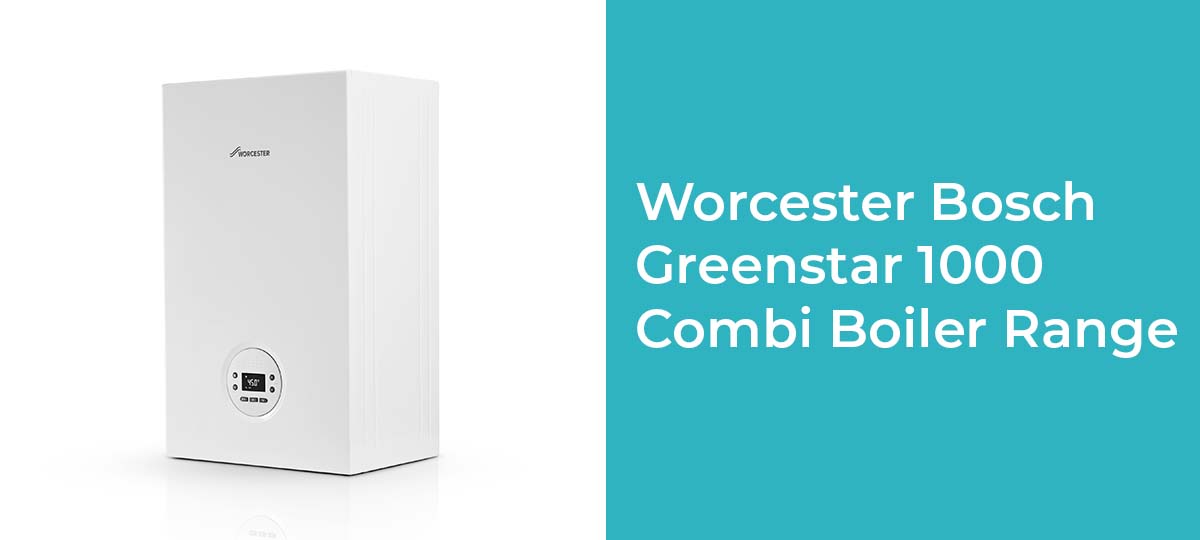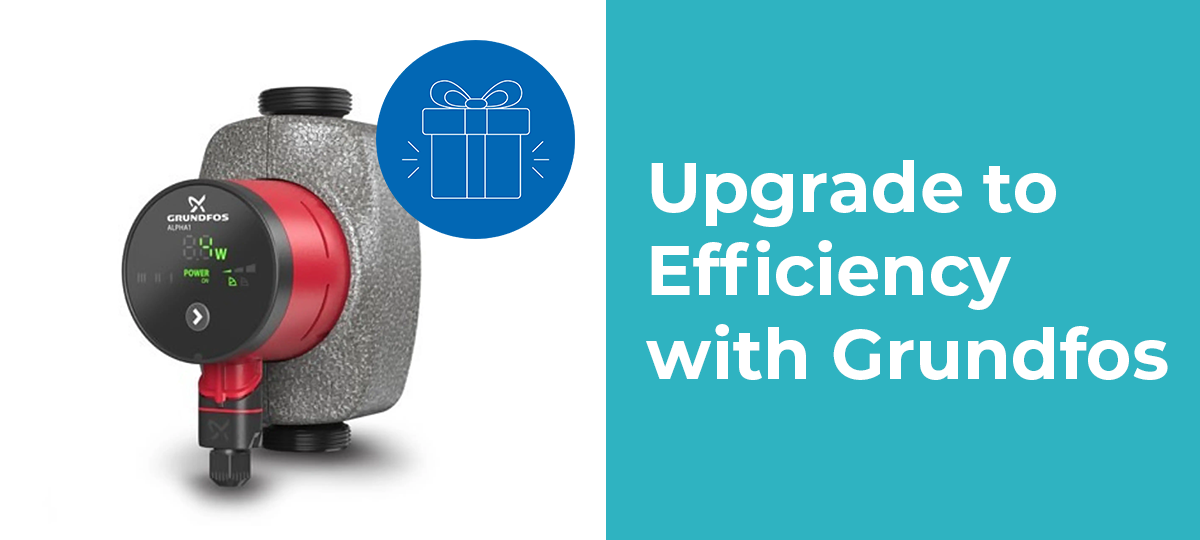How to Start a Successful Plumbing Business
Working for someone else but fancy being your own boss? We’ll presume that you’re already a qualified plumber or master plumber, someone who has a lot of experience with plumbing and heating work. So, if you have ever had thoughts of going it alone and starting your very own plumbing business, there are several different steps to take and things that you will need to consider. But, worry not, Mr Central Heating is here to help you get started. This guide to going it alone in the plumbing industry is for those plumbers and trades people who are looking for some tips and advice on what to look out for.
Where do I even begin?
Firstly, you’ll need to learn some new skills to create your own start-up plumbing company. You have got the plumbing skills down, now you need to learn how to run a business. The first, and probably the most important thing to start with is start-up costs for launching a new plumbing business. You’ll need to learn everything from, how to build and market a website, to advertising and bookkeeping. For the small business owner, there can be quite a lot of things that you will need to cover.
Are you qualified for this line of work?
In the UK, you don't need a specific plumbing license to trade but that's not the case for central heating engineers. So, if you're looking to move into this area, you're going to need to be gas-safe registered and qualified. Regardless of if you're sticking to 'wet work' or plumbing it is a good idea to be qualified and experienced before you launch your own plumbing business. If you're not, the chances are you'll end up with a failed business in the industry if your work isn't up to scratch. Working like this means your business will suffer quickly. Ensure that you are well qualified before you start your own business to avoid a costly mistake.
Write a business plan
It's a good idea to work on a business plan regardless because this is the process where you will identify all the costs that your business might incur. You can also add information about your goals and objectives for your business. Perhaps you're just looking to run a small business by yourself offering basic plumbing services, or you might have some grander plans where you expand your business to cover different things, for example moving into central heating or air conditioning., You might want to branch out from your local area and to employee other people to join your vision. The business plan is where you write down all your business goals and how you're going to achieve it. Writing a business plan might feel like a waste of time but it can sometimes help identify areas that you may not have considered or have overlooked.
Plumbing business start-up costs to consider
One thing you should consider before you begin, is that you will likely need a lot of tools, equipment and a van before you start-out on your own plumbing jobs. This will be one of the biggest start-up costs you’ll face.
Remember that jobs are paid for in arrears. That means you will need to have a certain amount of cash in the bank available to pay for fuel for your van and all the plumbing parts, spares, and fittings for each job you take on. So, you'll need a bit of cash to begin with. Cash flow in your business can be a real headache if expenses out-weight the income that is being generated. This can often be a significant issue for plumbers.
As an experienced plumber, you might already have a set of tools and even a van. That’ll save you a fair bit. However, if you've been working for someone else you might be starting from scratch. As your own boss, you're going to need your own tools and transport. To help keep costs down, you’ll need to find a reliable source of plumbing spares and equipment, such as Mr Central Heating.
There’s also all the other expenses that you may have. This may include but is not limited to marketing and advertising your business. This is another important aspect of any small business as you will need to be able to find work and potential customers in the first place. Setting up social media accounts are a good place to find local customers. You may also want to sign up to our FREE Find an Installer database. Help customers find you by registering today.
Sole trader or limited company?
Another aspect you will want to consider is how you are going to structure your business. Would you prefer to go with a limited company or stick with being a sole trader and fill in self-assessment tax returns? At the time of writing, a self-employed individual must have an annual turnover of over £85,000 in the UK before they need to register for VAT. Often, if you are just starting out as a self-employed plumber, you may well be under that threshold so you may prefer to launch your business as a sole trader and not register for VAT until you need to. The downside of launching as a limited company is that this will increase the paperwork that you will need to fill in and it does require more administration.
Once you've decided upon the business structure you can move on to considering things like what your business name is going to be. You will probably want to pick something unique to you and distinctive. If you are launching a limited company, then this name needs to be unique.
Paying taxes
Don't forget you will need to pay taxes, fill in accountancy forms, carry out bookkeeping and ensure that you have insurance to cover problems you might encounter. For plumbers, you can get specialist plumbing policies or you can consider public liability insurance which can cover some problems you may face. Speak to a professional if you have questions around any of these topics, such as business insurance because any mistakes you make can end up being costly.
To hire or not to hire?
If you're planning on having one or more employees, you also need to pay for employers' liability insurance. All these individual costs can add up quite quickly so you'll need to have a good handle on what expenses you will incur. You may wish to consider hiring an apprentice too. Be sure to check on how this will affect insurance and taxes.
Business bank account
You may need to have a business bank account set up. This helps you keep your personal and business finances separate. It might mean that the bank will ask to see your business plan, even if you don't want a line of credit or a credit card for your business. There are plenty of online and high street banks that will offer a business account.
Launching a plumbing web site, advertising, and marketing
Once you've set up the financial and paperwork side of your plumbing business, the next step is how to market and advertise it. Here’s some of the best ways to do this:
1. Word of mouth
The cheapest option is building your business through word of mouth. If you've got a good reputation, then you might not even need a web site or to carry out any advertising at all. However, it is quite rare to be in the position to have a good reputation in your local area before you set off on your own. Typically, you will need to get the word out to let people know that there is a brand-new local business in the area that they can use. On the plus side, people are always asking their friends and families for recommendations for a good plumber so these kinds of referrals can really pay dividends if your work is of high quality.
2. Flyers, business cards and leaflets
For plumbing business owners who need to generate new business in addition to word of mouth, it can be a good idea to get some business cards made up, print some leaflets and hand them out in your local area. You can do this cheaply if you're willing to take the time to deliver them yourself around the area where your main customer base lives.
3. Build a website
If you want to give your business a professional look and feel, then it can be a good idea to get a web site. When you picked the name of your business you should also have checked to see if the web site name or domain address was available at the same time. Even if you were not thinking of building a web site right at launch it is still a good idea to register the domain name of your business if it is available, since the costs for this are quite low and you might need the name at a later date and you will want to register it before someone else snaps it up.
Setting up a web site can be quite cheap if you learn how to build it yourself and you can get free templates that you can use as a design for your site. If you do want something truly custom and do not have the development skills then the pricing for a web site can get quite costly, fast. Once you have a web site set up correctly, you can get some traffic from search engines. With a little bit of help from online guides and know how you could even learn the basics of search engine optimization (SEO) to help promote your site a little better.
4. Online Databases
If you're a qualified plumber and have an accreditation or are a member of CIPHE (The Chartered Institute of Plumbing and Heating Engineering), you can add these details to your web site. This will give a person viewing it some additional information and peace of mind that they are dealing with a plumbing professional.
You can also sign up to our Find an Installer database. Here, local people can find your business details which opens you up to thousands of potential customers locally and across the UK.
5. Social Media Marketing
For those looking at another way to get some free advertising, then it is worth exploring social media and setting up a Facebook page for example, to promote your business and attract new customers. Often people will use social media to search for local businesses so this can be one way that a potential customer can find out about your plumbing business.
On Facebook, it might be an idea to join your local gossip groups and comment on peoples posts when they’re asking for plumbers with your own details.
Benefits of running your own plumbing business
There are plenty of benefits for running your own plumbing business - especially if you find that business is going well. Running your own business can be very rewarding.
Set your own rates
Some of the advantages include being able to set your own rates for the work you do. In some cases, you might go for a competitive rate in your local area and could choose to create an emergency rate or out-of-hours call-out rate. Perhaps you don't want to disrupt your life too much and not work out of the traditional day-time hours. In this case, you could have a flat rate for your local area which is competitive.
Be your own boss
Being the boss and choosing the hours that you work and the areas that you cover is another advantage. If you need time off from work, you're the boss so you can choose to take a holiday when you want. The downsides to this are that if you don't work, then you don't earn. So, this can be stressful if you have bills to pay and you need to take time off work because you are ill or have an emergency. You can get insurance cover for these types of events so you can at least cover yourself for the worst-case situation.
Relevant training
As a self-employed plumber, you should occasionally do a training course to ensure that you're up to date with all the latest techniques. So, the occasional trip to trade school may be in order occasionally to learn a new skill. Ensuring that you're fully aware of all the current legislation, rules and regulations is something else you will need to keep up to date on.
What are you waiting for?
Ultimately, many plumbers find that once they get over the initial hurdles of setting up a business, they enjoy working for themselves and being a self-employed plumber is a rewarding career.
Want to find out more about becoming a plumber? Check out our latest blog posts for more information.










